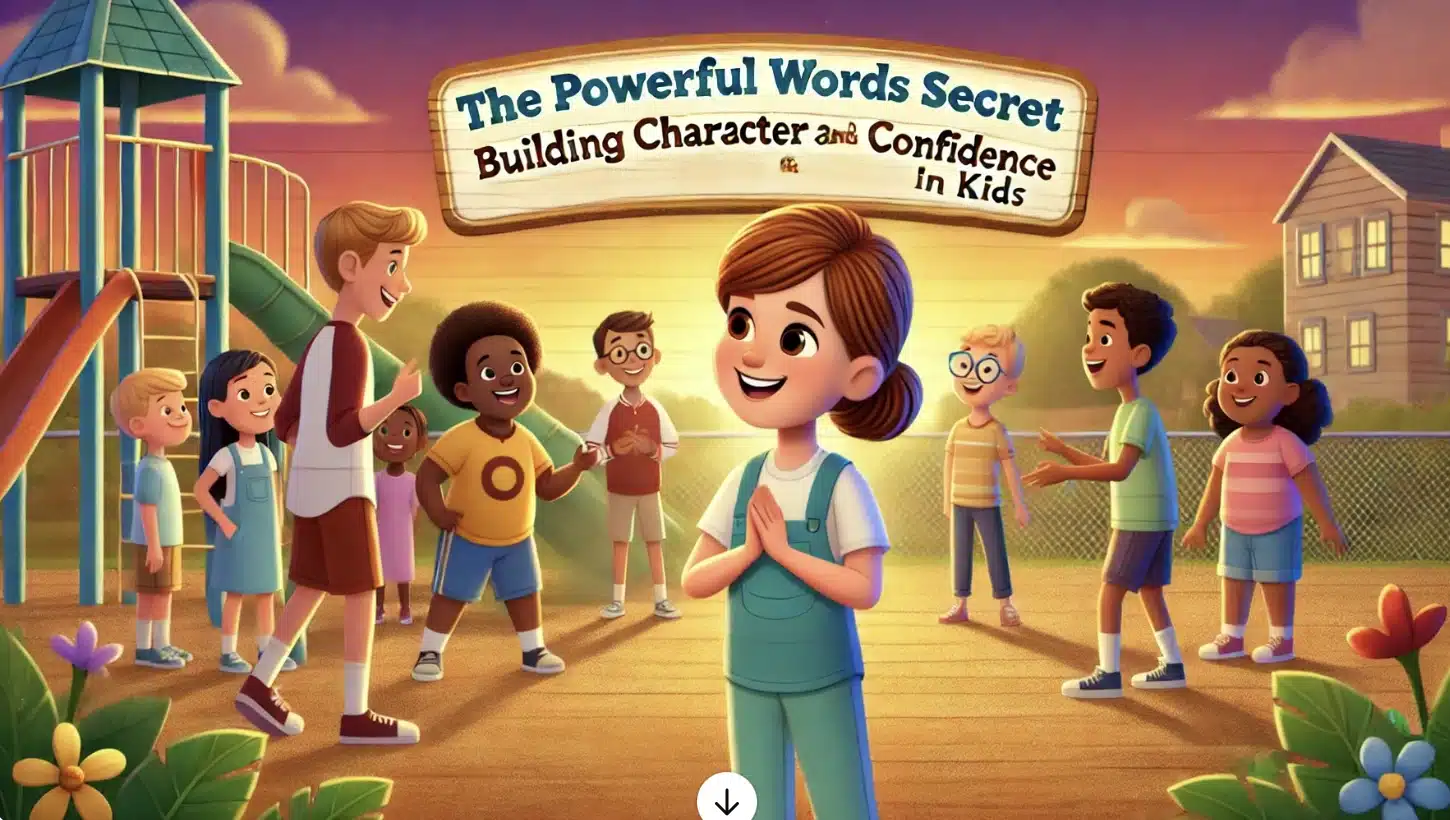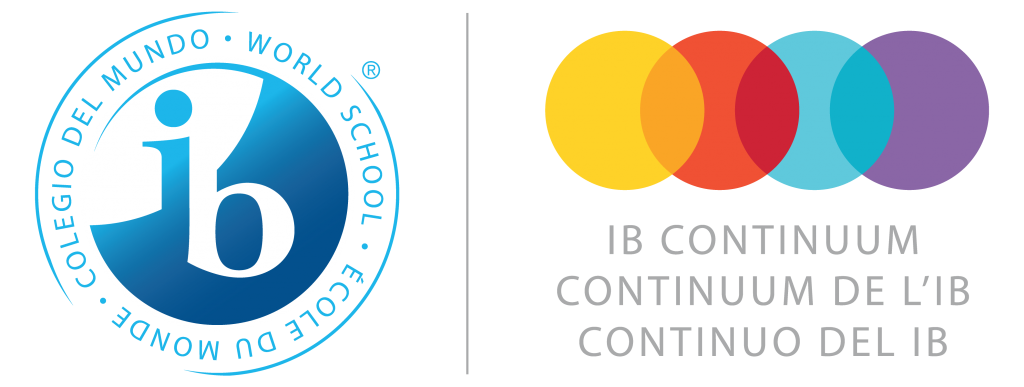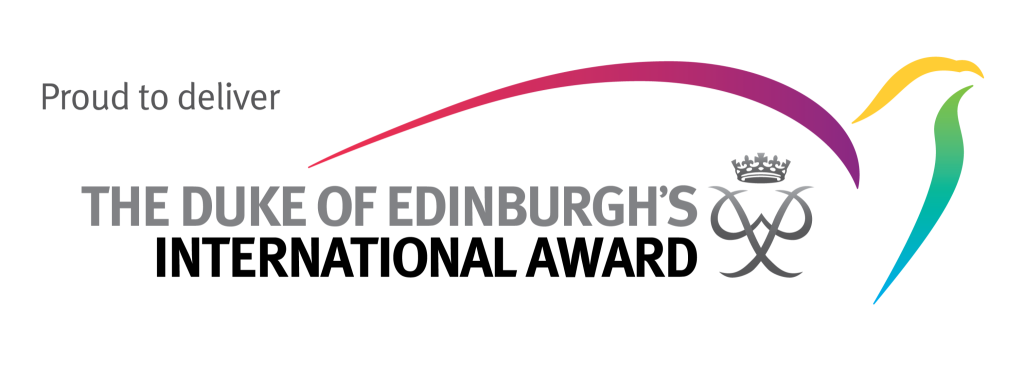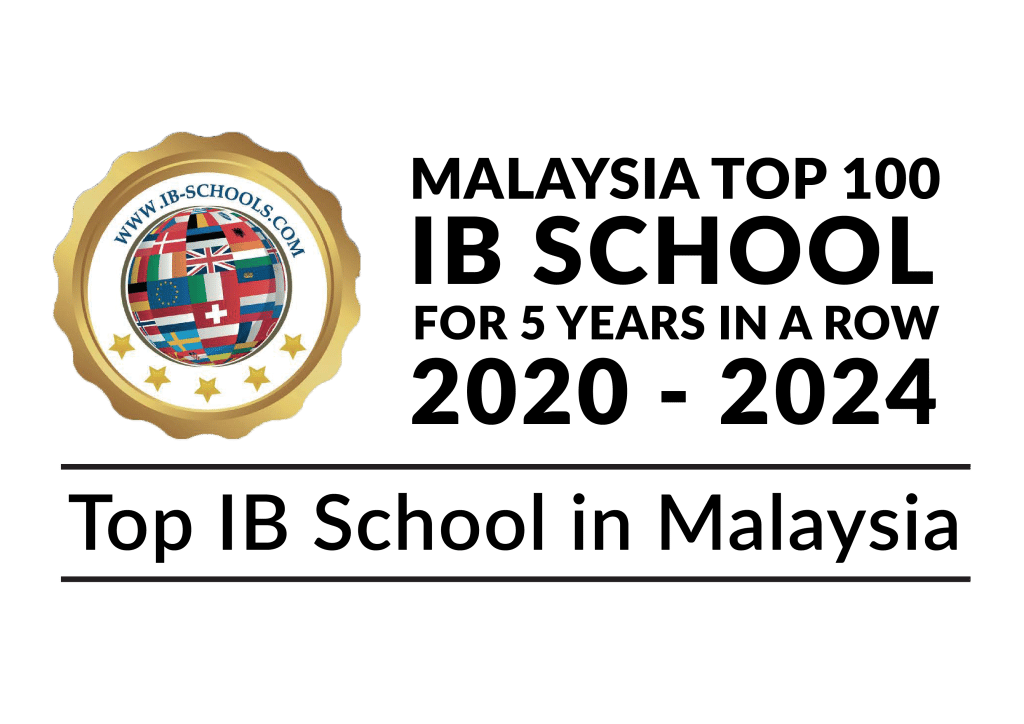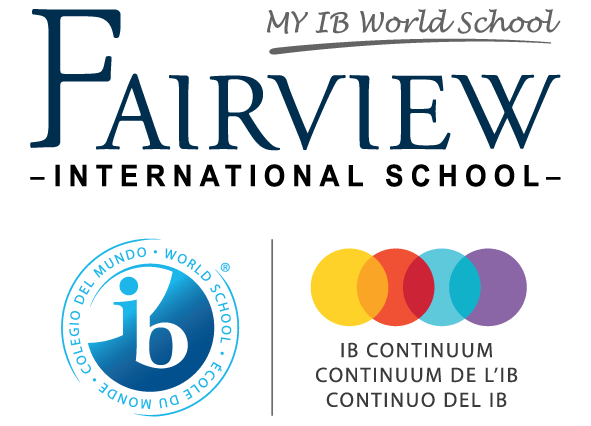Education is the cornerstone of a child’s future. With the rise of alternative education models, homeschooling has become a popular choice for many families seeking flexibility and control over their children’s learning. However, despite its appeal, homeschooling presents significant challenges that most parents are ill-equipped to manage. Without the guidance of a structured curriculum, children may lack critical social interaction, academic rigor, and global awareness. This is where programs like the International Baccalaureate (IB) shine, providing not only structure but also a well-rounded approach to education that equips students for the complexities of tomorrow.
Take the story of Kai Li, for instance. A bright and curious child, Kai Li’s parents decided to homeschool her when she was eight. They wanted her to have an individualized education that would allow her to learn at her own pace. However, as the years went by, her parents found it increasingly difficult to cover all subjects comprehensively. While Kai Li excelled in subjects like math and science, she struggled with writing, and the lack of consistent peer interaction made it hard for her to develop social skills.
Kai Li’s story is not uncommon. Many parents begin homeschooling with the best intentions, only to realize that education requires more than good intentions. A study by the National Home Education Research Institute found that 56% of homeschooled students report feeling socially isolated compared to their peers in traditional schools. Without the chance to interact with a diverse group of students, children like Kai Li often miss out on the teamwork and leadership experiences that are so critical in today’s world.
Kai Li’s parents eventually enrolled her in Fairview International School’s IB program. The difference was immediate. Unlike the unstructured environment of homeschooling, Fairview’s IB program offered Kai Li a balanced curriculum that nurtured both her academic and social skills. Fairview’s commitment to project-based learning and collaborative environments helped Kai Li grow in ways homeschooling couldn’t. Suddenly, Kai Li was engaging with global issues, learning to work in teams, and discovering the importance of creativity alongside academic achievement.
Fairview, like many other IB schools, focuses on fostering critical thinking and problem-solving abilities. Research from the IB Global Research team shows that IB students are 21% more likely to complete a university degree compared to those from other programs. This is not surprising considering how the IB program emphasizes not only academic excellence but also real-world application. At Fairview, students participate in activities that range from interdisciplinary projects to international-mindedness initiatives. This holistic approach prepares them for a future where problem-solving and collaboration are key.
Contrast this with the typical homeschooling experience, where students are 60% less likely to participate in extracurricular activities, according to a 2020 study published in Education Next. These extracurricular activities, often dismissed as non-essential, are actually pivotal for developing leadership skills, emotional intelligence, and the ability to work with others. For Kai Li, being part of group projects and extracurricular clubs at Fairview helped her develop confidence and the social skills that were lacking in her homeschooling environment.
Another critical advantage of programs like the IB is their focus on global awareness. Kai Li’s parents, while passionate about her education, found it hard to provide the global perspective that the IB seamlessly integrates into its curriculum. According to a report by the Higher Education Statistics Agency (HESA), 97% of IB graduates attend university immediately after high school, compared to 68% of students from other programs. This stark difference can be attributed to the IB’s emphasis on global citizenship, a quality increasingly sought after in both universities and the workforce.
At Fairview, for example, students are not just learning to pass exams; they are engaging with international issues like climate change, social justice, and ethical decision-making. This prepares them to be not only well-rounded individuals but also informed citizens capable of leading teams and contributing to global discussions. This aspect of education is something that is rarely replicated in a homeschooling environment, where the curriculum is often limited by the parent’s knowledge and resources.
In fact, research by the Coalition for Responsible Home Education (CRHE) found that homeschooled students are 30% less likely to pursue higher education compared to their traditionally schooled peers. This lack of exposure to diverse perspectives and global issues is one of the key reasons why many homeschooled students, like Kai Li before she transitioned to IB, struggle with higher education and beyond.
The IB program at Fairview also excels in fostering creativity and problem-solving skills, qualities that are increasingly important in today’s world. It’s no longer enough for students to graduate with a string of A’s on their report cards. Universities and employers are looking for individuals who can think critically, solve problems, and work well in teams. A 2018 study by the University of Bath found that 80% of IB graduates believed the program helped them develop critical thinking skills that were highly applicable in both university and career settings.
Kai Li’s transformation after enrolling in the IB program illustrates this shift. She went from being a bright, but isolated and narrowly focused homeschooled student to a well-rounded, globally aware, and socially engaged young person. Her story highlights the limitations of homeschooling and the immense benefits that structured programs like the IB offer.
Conclusion
While homeschooling may work for some particularly dedicated and skilled parents, the vast majority are not equipped to deliver the level of education required in today’s world. Most parents lack the subject expertise, pedagogical skills, and global perspective needed to prepare their children for the future. It’s no longer just about getting 10 A’s in O Levels; it’s about developing problem-solving abilities, leading teams, working well with others, and thinking creatively. Programs like the IB, especially as implemented in schools like Fairview, provide the structured environment necessary for children to thrive—not just academically, but as future leaders in a complex, globalized world.
As Paulo Freire wisely said, “True learning demands more than rote facts—it requires interaction, challenges, and growth through collaboration.” Homeschooling may offer knowledge, but programs like the IB offer a future.
Sources:
- National Home Education Research Institute, “Homeschooling and Socialization: A Study of the Impact on Children’s Social Skills.”
- Education Next, “Extracurricular Involvement Among Homeschooled Students,” 2020.
- Coalition for Responsible Home Education (CRHE), “Higher Education Outcomes for Homeschooled Students.”
- University of Bath, “Impact of the International Baccalaureate on Critical Thinking Development,” 2018.
- Higher Education Statistics Agency (HESA), “University Attendance Rates of IB Graduates,” 2020.



